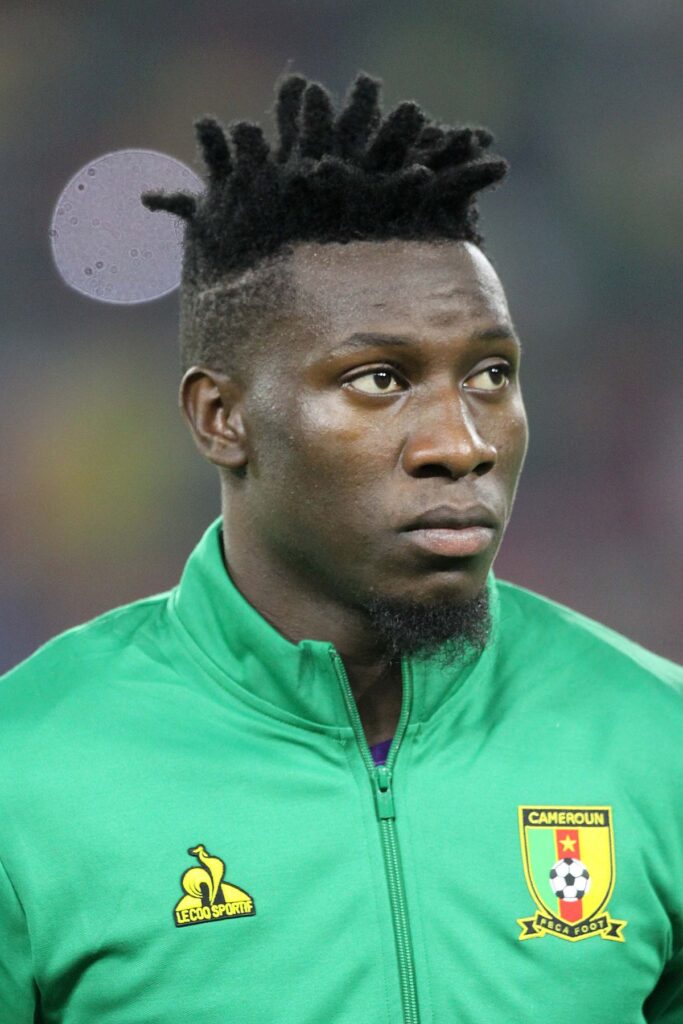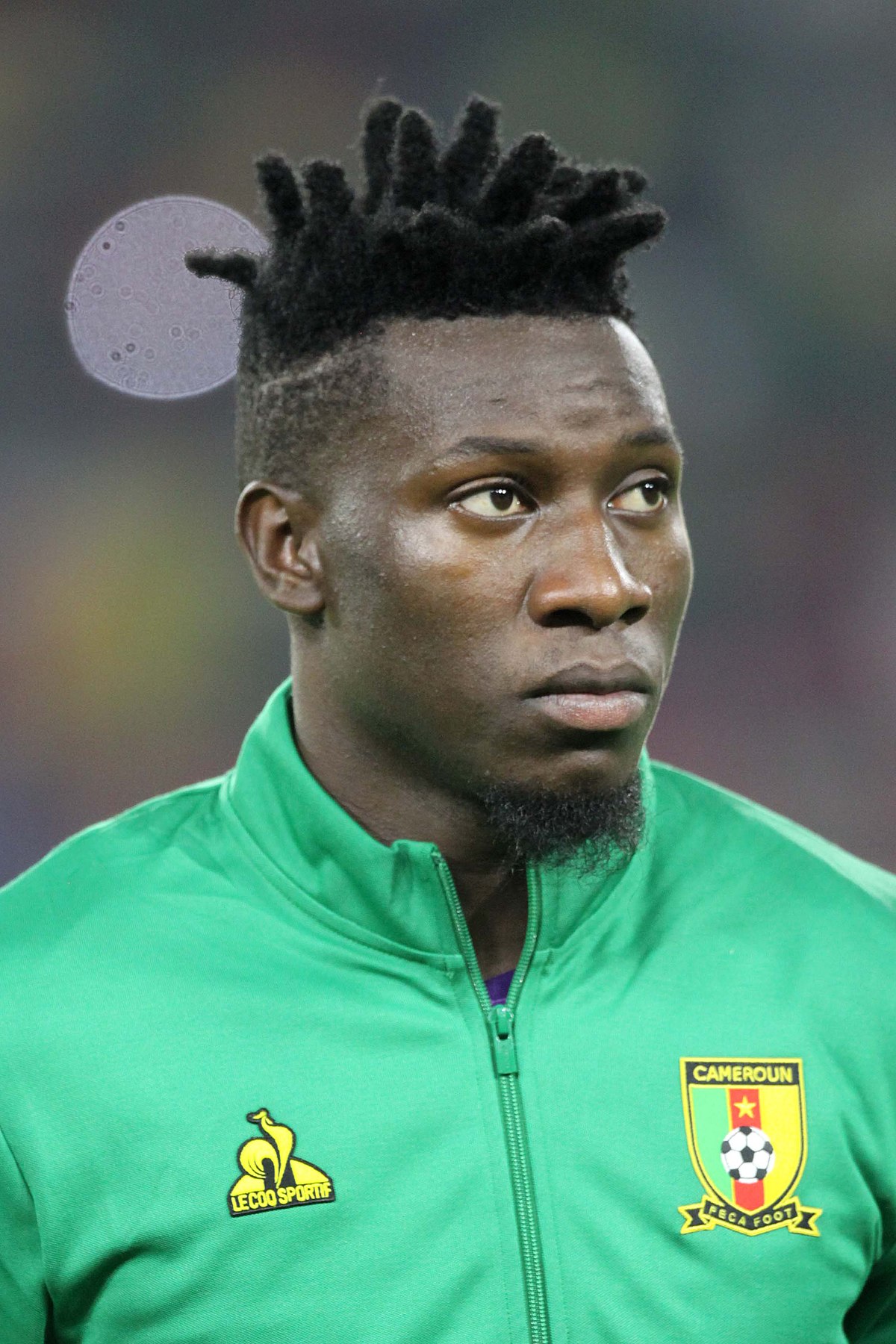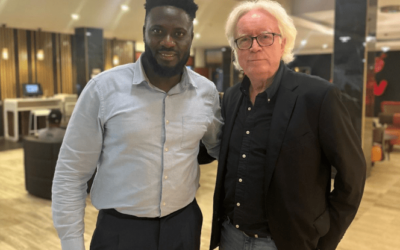
Manchester United shot-stopper Andre Onana has found himself in the midst of controversy after opting to delay his departure from the club, consequently missing Cameroon’s Africa Cup of Nations (AFCON) opener.
Former player Sebastien Bassong did not mince words, criticising Onana for “sending a bad message” and emphasising the impact on the perceived respect for AFCON.
Bassong stated to the BBC, “If we don’t even respect ourselves, how can you expect other people to treat you any different? I like Andre, I’ll always have his back when I have to, but when things like that happen, the nation, the pride of the country and the continent is way more significant than an individual person.”
Despite the disapproval, Cameroon football chief Samuel Eto’o backed Onana’s decision, acknowledging the controversy surrounding it. Notable players like Mohamed Salah adhered to their national team commitments without delay, showcasing a sense of responsibility towards the tournament.
This move by Onana has sparked a broader discussion about the balance between club and international commitments, with differing opinions on the matter. Onana’s late decision to join the national team was primarily driven by his concern about losing his starting position to Turkey’s Altay Bayindir at Manchester United.
Having struggled for form since his transfer from Inter Milan, Onana is determined not to give his deputy any additional playing time. As the AFCON unfolds, the goalkeeper’s return to United for their FA Cup clash depends on Cameroon’s performance in a group that includes Guinea, Senegal, and Gambia.
In the larger context of football dynamics, this situation raises questions about the challenges players face in navigating their allegiance between club and country, especially when competition for starting positions intensifies.
The quotes and reactions from figures like Bassong and Eto’o underline the broader impact of individual decisions on the collective pride and perception of African nations in international football.





0 Comments